The world of heavy metal is no stranger to band drama, breakups, and explosive reunions. Yet among the many iconic groups that shaped the 1980s metal scene, few remain as controversial—and as stubbornly divided—as W.A.S.P. Despite decades of speculation, rumors, and fleeting moments of reconciliation, the legendary shock rock outfit continues to stand at a crossroads, with its original members estranged and reunion hopes growing dimmer with each passing year.
The Legacy of W.A.S.P.
Formed in 1982 in Los Angeles, W.A.S.P. quickly carved out a niche for themselves in the blossoming heavy metal scene. Led by the enigmatic and often polarizing Blackie Lawless, the band fused raw, anthemic metal with a stage presence so theatrical and outrageous that they became targets of the infamous PMRC (Parents Music Resource Center). Songs like “Animal (F*** Like a Beast),” “Wild Child,” and “I Wanna Be Somebody” became rebellious anthems for a generation of disenfranchised youth.
At the heart of W.A.S.P.’s early success was the chemistry between Lawless and his original bandmates: Chris Holmes (guitar), Randy Piper (guitar), and Tony Richards (drums). Their collective energy drove the band’s first few records to international acclaim. But fame, substance abuse, and creative differences would soon tear the group apart.
Fractures in the Foundation
The disintegration of the original lineup began as early as 1985, when Tony Richards left the band following the success of their debut. Piper soon followed. However, the deepest and most publicly visible rift was the one between Blackie Lawless and Chris Holmes.
Holmes, known for his blistering guitar riffs and wild persona, became a symbol of 1980s excess—perhaps best captured in the infamous scene from the documentary The Decline of Western Civilization Part II: The Metal Years, where a drunken Holmes pours vodka over himself in a swimming pool, with his mother watching. Despite his chaotic image, Holmes’ contribution to W.A.S.P.’s sound was immense. His departure and eventual return (in the early 1990s) always seemed to hint at a deeper connection with Lawless, even as their personal and professional tensions simmered beneath the surface.
By 2001, Holmes had left W.A.S.P. for the final time, and the band’s trajectory was now solely steered by Lawless, who increasingly turned W.A.S.P. into a personal project rather than a collective band.
Blackie Lawless: The Reluctant Reunionist
As W.A.S.P. continued under the Lawless banner, fans continued to call for a full-scale reunion with Holmes and other original members. Yet Blackie, who had undergone a spiritual transformation and distanced himself from the band’s more provocative early material, repeatedly dismissed the idea.
In various interviews, Lawless cited personal reasons, ideological differences, and even moral growth as reasons he couldn’t revisit the past. His decision to no longer perform songs like “Animal (F*** Like a Beast)” further drove a wedge between himself and those yearning for the unrepentant attitude of the original W.A.S.P.
Chris Holmes, for his part, has remained vocal and at times venomous. In interviews, he’s accused Lawless of egoism, financial manipulation, and rewriting the band’s history. Their war of words has played out publicly, with fans caught in the middle—torn between their admiration for Lawless’s vision and their longing for the raw energy Holmes brought to the stage.
Hope Rekindled—and Dashed
In 2022, as W.A.S.P. prepared to celebrate their 40th anniversary, fans hoped that a reunion might finally materialize. A commemorative tour was announced, and speculation ran rampant. Would Chris Holmes make a guest appearance? Could the band set aside their differences for one final run?
Those hopes were soon dashed. Holmes, at the time battling throat cancer, was absent from the celebrations. Despite expressing interest in performing again and gratitude to fans, no formal invitation ever came from Lawless. When asked about Holmes’ involvement, Lawless responded diplomatically—but firmly—suggesting the ship had sailed.
Meanwhile, Holmes confirmed that there had been no serious contact between him and Lawless in years. Any talk of reconciliation, he claimed, was fan-driven fantasy.
Health, Time, and the Closing Window
The reality of age and illness is now making a reunion increasingly unlikely. Chris Holmes, though reportedly recovering from cancer, has slowed down his touring schedule. Lawless, too, has faced his own physical ailments. In 2023, he underwent spinal surgery, canceling several tour dates and sparking concerns about the future of the band entirely.
Time, once the enemy of reconciliation, has become its executioner. The idea of a high-octane, old-school W.A.S.P. reunion grows more unrealistic with each year—not because of unwillingness alone, but because of the frailty that comes with aging rock icons nearing their 70s.
Fan Reactions: Bitterness and Acceptance
The heavy metal community remains divided, much like the band itself. Some fans have expressed frustration at Lawless for what they perceive as stubbornness or sanctimony. Others defend his right to evolve creatively and morally, seeing his current version of W.A.S.P. as a reflection of personal growth rather than betrayal.
Meanwhile, Chris Holmes has maintained a grassroots following, performing under his own name and delivering sets that lean heavily into classic W.A.S.P. material. For some fans, seeing Holmes perform “Love Machine” or “Wild Child” in a small European club is as close as they’ll get to the W.A.S.P. of old.
Online forums and social media threads continue to buzz with debate. Is a reunion necessary to preserve the band’s legacy? Or does forcing it only risk tarnishing what once was?
The Final Verdict: Reunion Hopes Fade
With both principal figures entrenched in their respective worlds—and the physical toll of time mounting—W.A.S.P. fans are slowly beginning to accept the harsh truth: the classic lineup may never share a stage again.
Blackie Lawless, for all his contradictions, continues to lead W.A.S.P. forward, writing new music and performing for fans who embrace his current message. Chris Holmes, a survivor in every sense, still brings rawness and rebellion to every performance, albeit on smaller stages.
Perhaps, in a way, both men have stayed true to W.A.S.P.’s original ethos: loud, defiant, and unyielding. And perhaps that, rather than any forced reunion, is the true legacy of W.A.S.P.
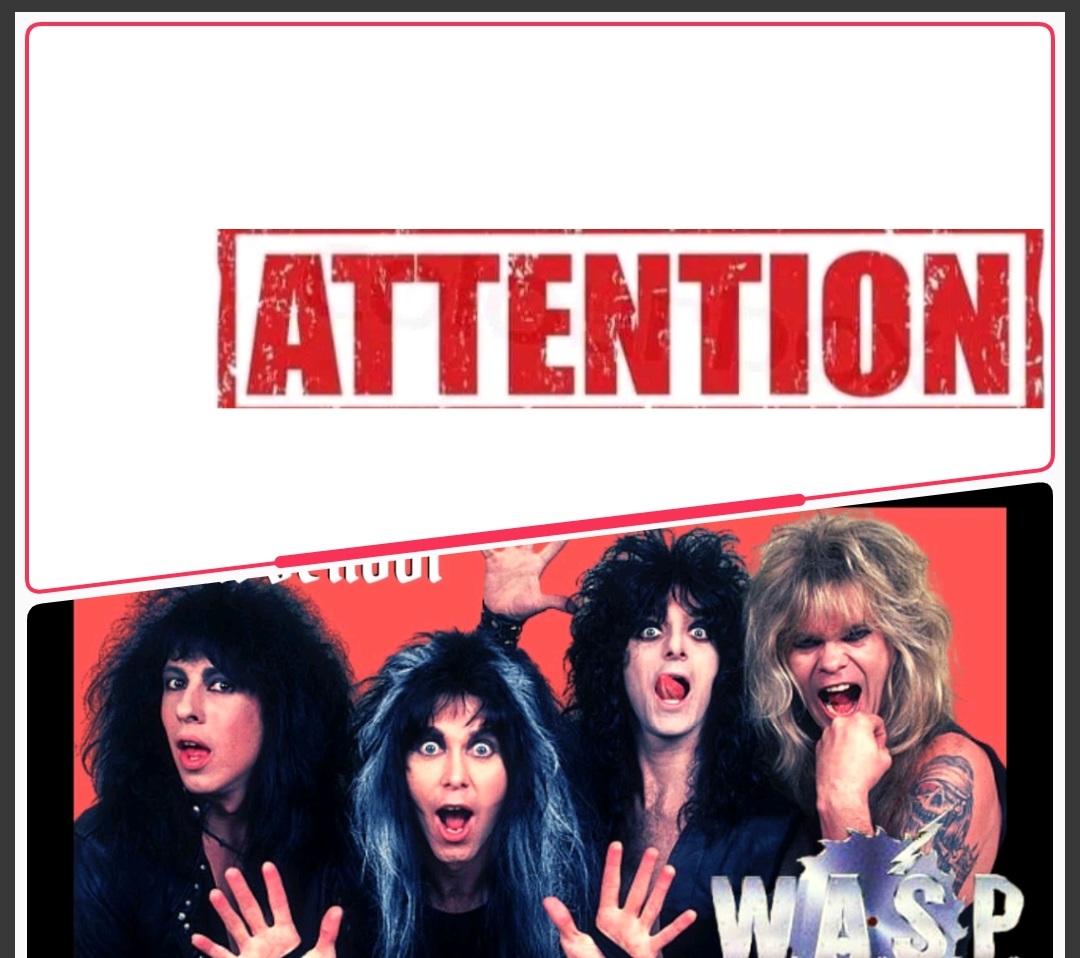



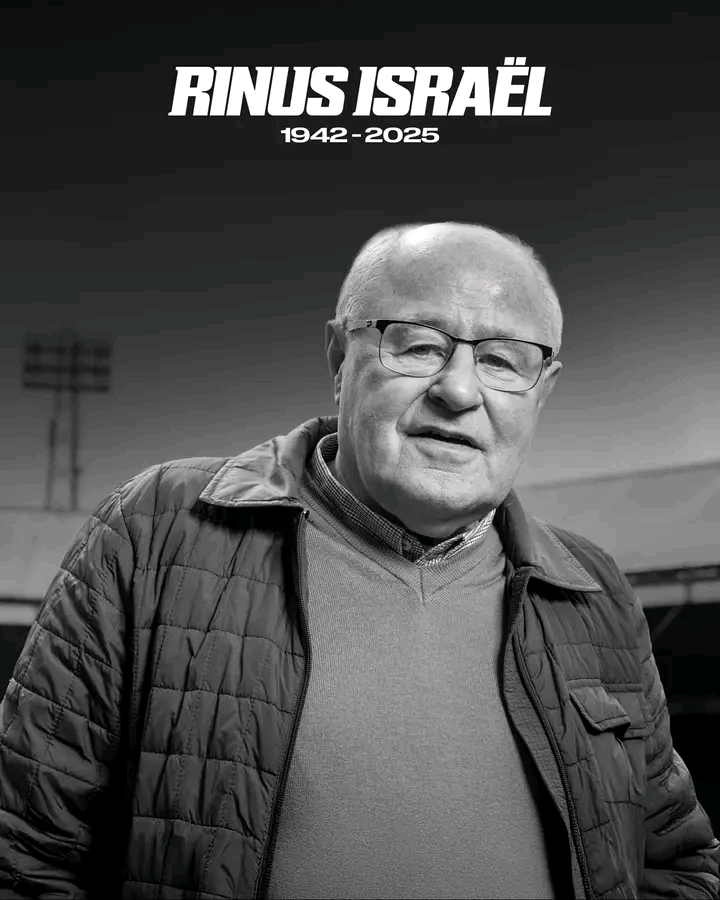

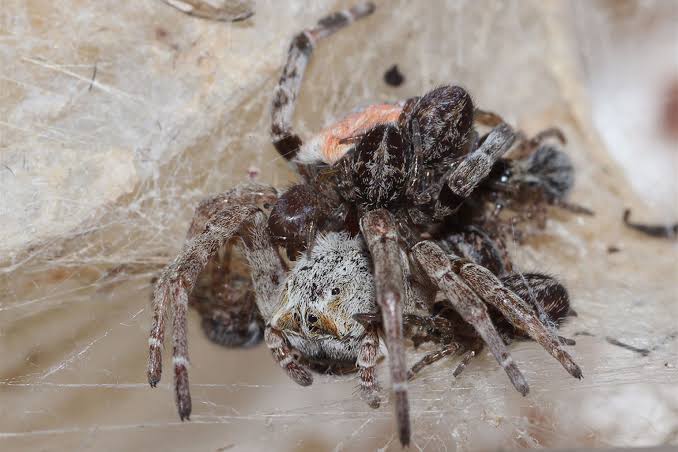


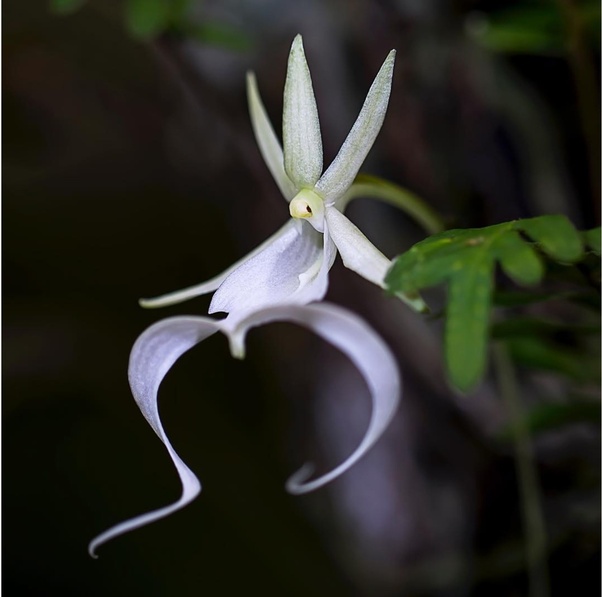
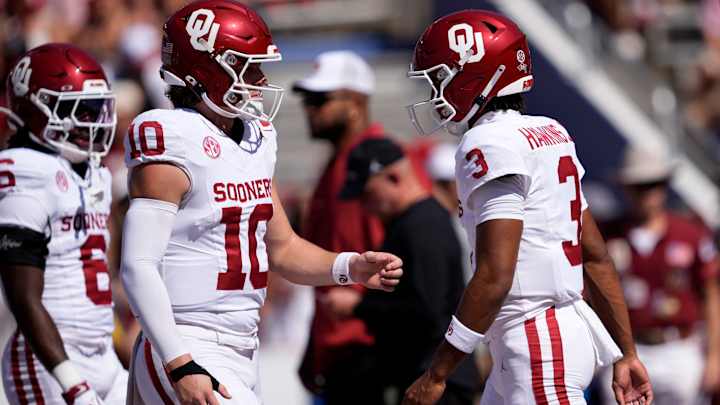

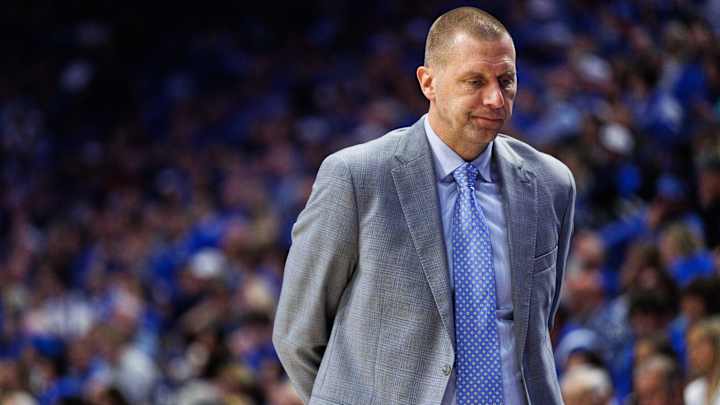

Leave a Reply